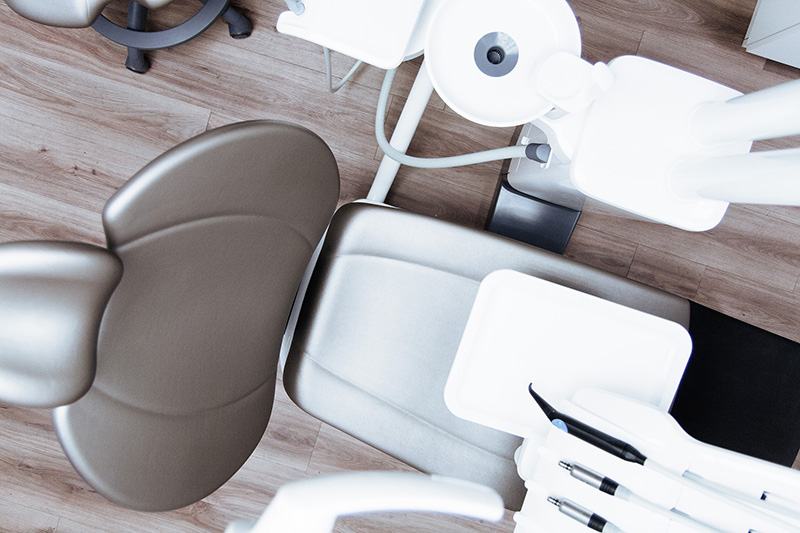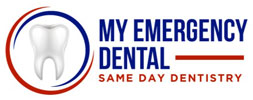The Common Types of Dental Anesthesia
Dental anesthesia is an integral part of any surgical procedure, and you deserve to be informed about the types of anesthesia available to you. We also know that you might experience a side effect or two that make recovering difficult. You are welcome to consult with us today, and we encourage you to read more about the pros and cons of the types of dental anesthesia we use.
Why Is Anesthesia Necessary in Dental Procedures?
Dental procedures often require anesthesia because they require intensive work that would be too painful without anesthesia. Anesthesia can help patients relax if they are extremely nervous, and it can allow patients to fall asleep or hardly remember the procedure.

Types of Dental Anesthesia
There are three types of anesthesia: local anesthesia, regional anesthesia, and general anesthesia.
Local Dental Anesthesia
Local anesthesia is the most common type used in our office, and we prefer to use it when placing fillings or removing teeth. We understand that this type of anesthesia only numbs a small area, but it allows you to recover more quickly when the procedure is over. It also has minimal side effects and is the safest option in most cases.
Regional Dental Anesthesia
We use regional anesthesia when we want to work on multiple areas simultaneously. We can numb your entire mouth to complete various procedures, and you may prefer this type of anesthesia if you do not want to come back for multiple appointments.
Nerve blocks may also be available depending on the type of procedure you require. You may experience a few side effects, and we often ask you to rest in our recovery area before going home.
This type of anesthesia can include nitrous oxide gas to help you relax, but the gas often does not eliminate pain. We prefer to use the gas in tandem with local anesthesia to help some of our more anxious patients.
General Dental Anesthesia
General anesthesia is a process that allows one to put you to “sleep” so you won’t feel any pain. For these procedures, we prefer to refer to oral and maxillofacial surgeons who have a physician anesthesiologist or nurse anesthetist who the American Society of Anesthesiologists licenses to administer the anesthesia.
They will monitor your heart rate, blood pressure, and vitals to ensure that you are safe. Monitored anesthesia care is more expensive, but it also helps with anxiety and for procedures that require your mouth to be open longer.
Common Dental Surgeries that Require Anesthesia
Common dental surgeries requiring some type of anesthesia include:
- Tooth extraction
- Installation of crowns, caps, veneers, bridges, or implants
- Endodontic surgery: removes the apex of a tooth
- Root canal: removes the nerve and pulp from a tooth
- Pulpotomy: removes a pulp infection
- Fiberotomy: to allow teeth to return to their original position
- Periodontal surgery: treating disease under the gums
- Oral and maxillofacial surgery: includes corrective jaw surgery, wisdom tooth removal, and treatment of hard and soft tissue
Contact My Emergency Dental for More Information
You can contact My Emergency Dental online or call 470-523-8118 for more information. We offer several types of anesthetics, and we are happy to review them with you. With our office sitting on Lower Roswell Road near Johnson Ferry Road, we are pleased to serve Marietta, Roswell, Woodstock, Sandy Springs, Alpharetta, and beyond.
